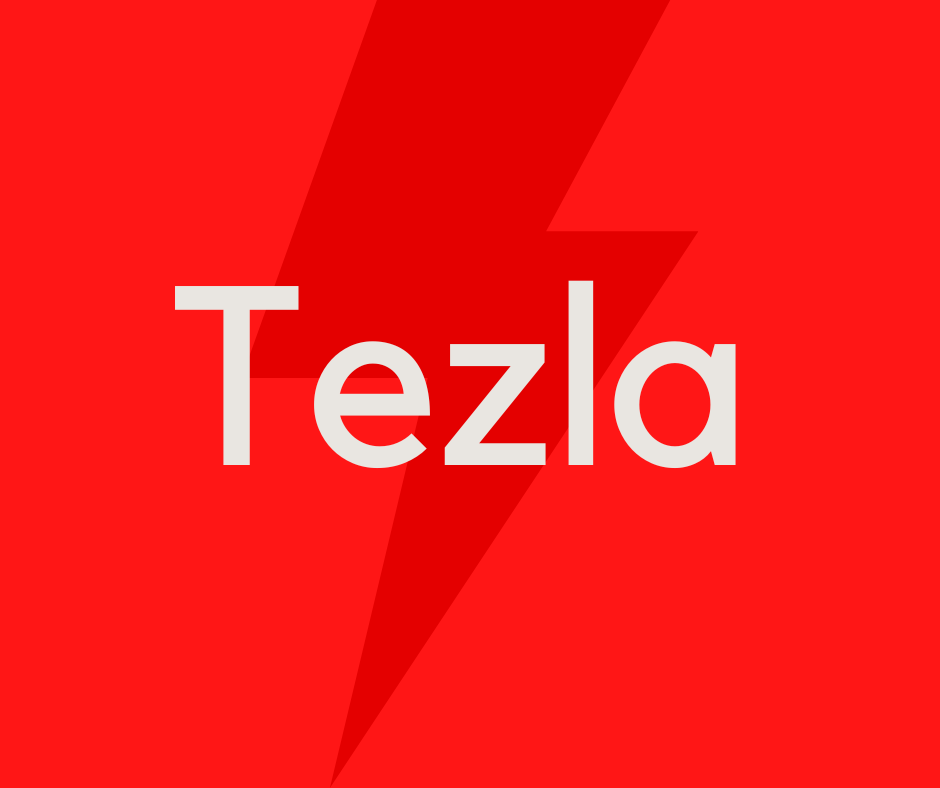Refinitiv: Malaysia Tempat Pertama Pembangunan Kewangan Islam
- MOHD EZLI MASHUT

- Nov 19, 2021
- 3 min read

Penyedia data pasaran kewangan Refinitiv menyatakan Malaysia berada di kedudukan pertama dalam Indikator Pembangunan Kewangan Islam (IFDI) 2021 dan diikuti Indonesia iaitu pencapaian tahun kedua berturut-turut bagi negara-negara tersebut.
Malah, Malaysia turut menerajui senarai bagi indikator Pengetahuan, Pembangunan Kuantitatif, Tadbir Urus dan Kesedaran.
Menurut Refinitiv, edisi kesembilan Laporan Pembangunan Kewangan Islam 2021 menunjukkan skor atau pemarkahan bagi IFDI 2021 mengambil kira elemen penting yang membentuk tahun pandemik 2020 bagi sejumlah 135 negara.
Pada tahun lalu, Indonesia berada dalam kelompok tiga negara teratas manakala bagi IFDI 2021, Arab Saudi mencatat peningkatan serupa.
Bahrain dan Emiriah Arab Bersatu (UAE) masing-masing di tempat keempat dan kelima daripada ketiga dan keempat, sebelum ini.
"Walaupun terdapat pergerakan dalam skor serta kedudukan negara-negara dan indikator berbeza, petunjuk IFDI global secara keseluruhannya meningkat sedikit kepada 11.0 bagi 2021 daripada 10.8 pada 2020.
"Peningkatan ini memaparkan kekukuhan dan pembangunan industri kewangan Islam walaupun berdepan cabaran tidak dijangkakan akibat pandemik bagi sebahagian besar tempoh 2020 itu," katanya.
Berikut adalah kenyataan media penuh:
Refinitiv releases findings of 2021 Islamic Finance Development Indicator
Islamic finance industry projected to reach $4.94 trillion in 2025
Global Islamic finance assets rose 14% to $3.374 trillion in 2020
· Saudi Arabia's Islamic finance assets increased by 18% to $826 billion in 2020
UNITED ARAB EMIRATES – Islamic finance industry is projected to reach $4.94 trillion in 2025 according to the Islamic Finance Development Indicator (IFDI) 2021released today by Refinitiv, a London Stock Exchange Group (LSEG) business.
The report highlighted new trends this year, including the expansion of the fintech industry and digital banks led by Malaysia, Indonesia, Saudi Arabia, Bahrain, and the UAE. The Southeast Asian nations Malaysia and Indonesia retained their top rankings for the second year in a row.
According to the report, global assets for the industry maintained double-digit growth, rising 14% to $3.374 trillion in 2020. Sukuks, the second-biggest sector in Islamic finance, grew by 16% in 2020 driven by the Gulf Cooperation Council (GCC) and Southeast Asia.
The report indicated that Saudi Arabia's Islamic finance assets soared by 18% in 2020 to $826 billion. With developments in governance as well as its leading position on the corporate social responsibility (CSR) indicator, Saudi Arabia’s IFDI score rose from 64 in 2019 to 74 in 2020, pushing it from fifth into third place behind Malaysia and Indonesia.
Ventje Rahardjo, Executive Director of National Committee for Islamic Economy and Finance (KNEKS), Indonesia, said: “Indonesia successfully maintained its second place on the IFDI 2021. The country managed to get higher scores in most indicators mainly education, research, awareness and government support. We will continue growing the Islamic financial industry as part of our strategy to strengthen our national economic resilience."
“The Islamic finance industry will contribute to the implementation of the Saudi Economic Vision 2030. We believe that this industry provides substantial support to the growth and sustainability of the private sector in Saudi and across global markets,” said Ahmed Mohmmed Asery, Director of Islamic Finance Division, Saudi Central Bank.
Nor Shamsiah Mohd Yunus, Governor of Bank Negara Malaysia (BNM), said: “One of the key drivers of Malaysia Islamic finance development is the adoption of the Value-based Intermediation (VBI) by Malaysian Islamic banks since 2017 and more recently by the Takaful operators. We believe that Islamic financial institutions will leverage on this experience and continue to roll out sustainability initiatives."
“The Islamic finance industry continues to attract new players and evolve its products and services to become a more active participant in the world's march towards achieving climate goals,” said Mustafa Adil, Head of Islamic Finance, Refinitiv, a London Stock Exchange Group business.
“The key Islamic finance jurisdictions are focused on sustainability and environment, social and governance (ESG) policies. Looking back at 2020, Malaysia, Indonesia, and Saudi Arabia were notable actors as they leveraged Sukuks to finance social and green projects,” he added.
“Moving forward, we expect to see more developments as the central banks of Malaysia and Saudi Arabia award their first digital banking licenses. Islamic fintechs coming out of the UK and USA also continue to attract attention and we expect to see newer entrants from Pakistan and Central Asia,” Adel noted.
The report derives its analysis from the Islamic Finance Development Indicator (IFDI) based on statistics from 135 countries around the world. As a barometer of the state of the global Islamic finance industry, the report measures country scores across knowledge, governance, corporate social responsibility, and awareness metrics.
About Refinitiv, an LSEG business
Refinitiv, an LSEG (London Stock Exchange Group) business, is one of the world’s largest providers of financial markets data and infrastructure. With over 40,000 customers and 400,000 end users across 190 countries, Refinitiv is powering participants across the global financial marketplace.
We provide information, insights, and technology that enable customers to execute critical investing, trading and risk decisions with confidence. By combining a unique open platform with best-in-class data and expertise, we connect people to choice and opportunity – driving performance, innovation and growth for our customers and partners. www.lseg.com






Comments